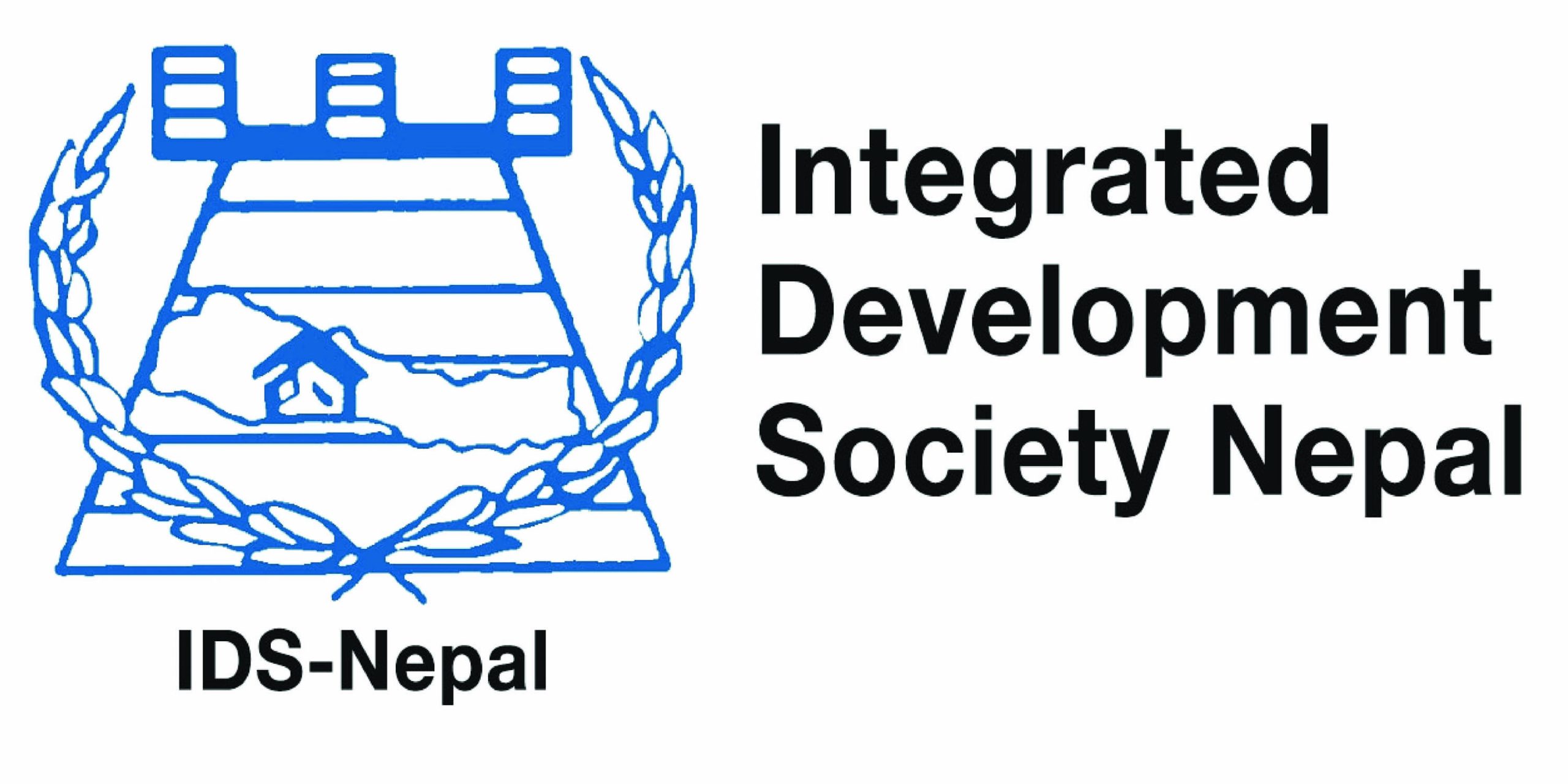Knowledge Management
IDS-Nepal has been a source of knowledge for not only subjugated communities, educationally deprived people, and unskilled human resource and intellectuals and academicians for increased capacity, acquiring skills, as well as tackling issues through the medium of seminars, capacity building and skill development trainings, workshops and public hearings. IDS-Nepal accumulate huge amounts of knowledge that is generally not fully utilized, but has the potential to improve our organizational learning and performance. IDS-Nepal seeks to re-utilize that knowledge and create additional useful knowledge, making it available to positively influence organizational learning and performance. Our knowledge management is also useful in informing policy makers about current environmental status of Nepal developing and devising tools in evidence generation and other research findings. The sector has not only make the communities adept in enhancing their living standard, but also has paved a way for IDS-Nepal to observe direct output of better knowledge access and practical application. Knowledge generation and its dissemination helped rural communities and have provided ample support to scientist, researchers and policy makers as well. Through numerous reports and guidelines, IDS-Nepal has bridged gaps between communities and policy-making authorities facilitating proper exchange of information on their status and need and vice-versa. The sector of knowledge management has been broadened from just community development to sustainable community development, just protection of forest to proper management of forest and resources, just knowledge of climate with adaptation mechanisms and the like. IDS-Nepal has taken a step to manage such knowledge in diplomatic way that leads to policy formation, proper researches, development strategies and implementing procedures.
